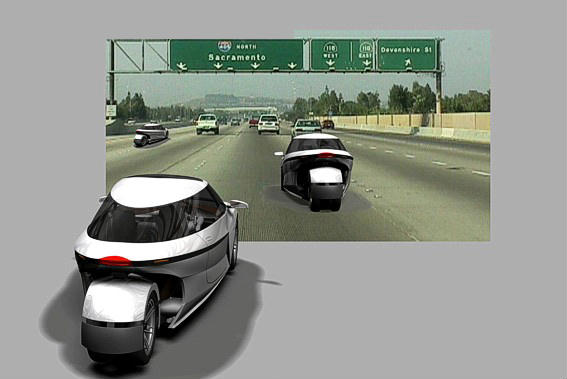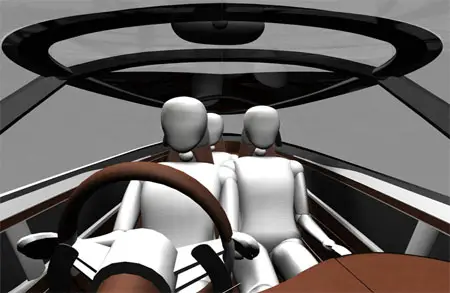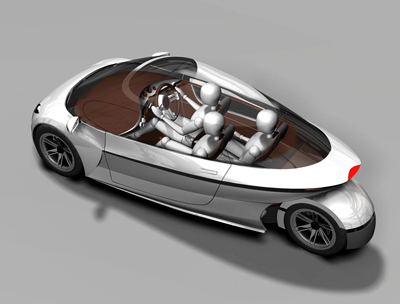Full article at:There was a day in October, 2012 when Vancouver’s Jerry Kroll, then 52, saw something in Fremont, California that came as revelation. With a background in high-octane NASCAR auto racing and, oddly, an equally compelling entrepreneurial interest in building an electric vehicle for urban commuters in B.C., Kroll and an automotive friend, Henry Reisner, arranged a tour of the vast Tesla Motors assembly plant located south of San Francisco. They saw 160 huge, German-made robots – with X-Men names like Wolverine, Cyclops and Iceman – operating on an automated, ultra-modern assembly line that required little human involvement. They saw windshields affixed and 540 kilogram lithium-ion batteries being installed, all robotically.
They watched the finished $100,000 Tesla Model S electric sedans silently roll out of the 1.5 kilometre-long plant, all pre-sold.
The two were agog. They saw the future: North American car manufacturing was not necessarily dead; but Detroit’s carbon-spewing gas-guzzlers were, they understood, doomed. With the latest technology, imagination and Tesla CEO Elon Musk’s money, the impossible – creating a non-polluting, electrically-powered vehicle – was possible.
“Can we do this? Reisner asked.
“We can do this,” Kroll replied.
The “this” in their discussion was revolutionary. For five years previous, they’d been investigating the engineering and economic potential of creating a small electric vehicle meant for urban commuters. They’d looked at the Renault Twizy, but found it little more than an advanced golf cart that can’t operate on highways. They’d studied the California-designed Corbin Sparrow, a three-wheeled, jellybean-shaped EV, but discovered it had serious design and engineering faults.
Returning to Vancouver that fall, Kroll and Reisner decided they needed to create an entirely new vehicle. It would be a one-passenger, highway capable EV, and be marketed toward the 83 per cent of drivers who commute daily by themselves. Thus the name: Solo. Utilizing Reisner’s expertise as an automotive engineer at Vancouver’s 57-year-old Intermeccanica Custom Coach Builders, and with Kroll’s formidable chutzpah derived from running Ascend Sportmanagement, a marketing agency for celebrity athletes and race-car drivers, the two would carve out a unique space in the growing EV field. With Tesla holding the high-end sedan market, the $20,000 Solo would provide a solution for some of the 140 million commuters in North America who were prepared to Think Small.
<snip>
Is this Your Commuting Future? | The Tyee










